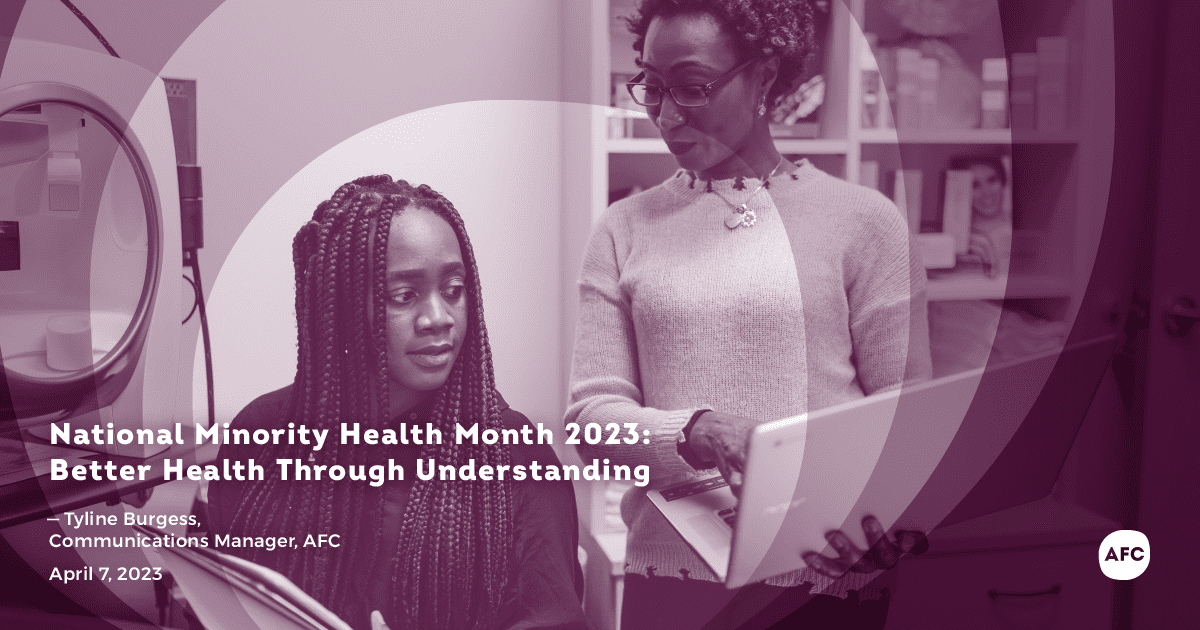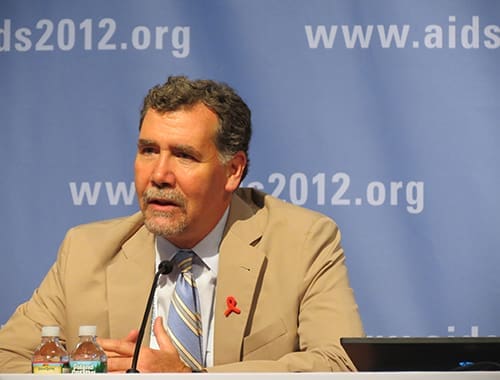April is National Minority Health Month, a time to raise awareness about the health disparities that affect communities of color and to promote health equity for all. This year’s theme is “Better Health Through Understanding.” This message is of high importance to the communities we serve as an organization. Before diving deeper into the theme let us first share with our readers some background on National Minority Health Month, what is, why it exists, and finally, the importance of Health Literacy for Minority Communities and Communities of Color.
What is National Minority Health Month?
National Minority Health Month grew out of National Negro Health Week, founded by educator, author and civil rights activist Booker T. Washington in 1915. It was created to raise awareness about the health disparities that affect minority populations and to promote health equity for all. Each year, the U.S. Department of Health and Human Services (HHS) Office of Minority Health (OMH) selects a theme for National Minority Health Month to focus on a specific health issue affecting minority communities.
Why does National Minority Health Month exist?
National Minority Health Month exists because of the health disparities that exist between minority populations and the general population in the United States. According to the HHS OMH, minority populations have higher rates of chronic diseases such as diabetes, heart disease, and cancer, and are more likely to die from these diseases than the general population. According to the HHS OMH, minority populations have higher rates of chronic diseases such as diabetes, heart disease, and cancer, and are more likely to die from these diseases than the general population. They are also more likely to lack access to quality healthcare and to experience language and cultural barriers that make it difficult to navigate the healthcare system.
The Importance of Health Literacy for Minority Communities and Communities of Color
Health literacy is the ability to obtain, process, and understand basic health information and services needed to make appropriate health decisions. It is important for all individuals, but especially for minority communities and communities of color who may face additional barriers to accessing healthcare and health information.
Here are six important facts about Health Literacy for Minority Communities and Communities of Color:
-
People who don’t understand health information are less likely to get preventive health care and more likely to have health problems. Health care providers can assist patients in comprehending health information, such as care instructions, by requesting that they articulate how they plan to adhere to the instructions in their own words. This is the first step of the teach-back method.
-
The US Department of Human Services Office of Minority Health Offers Culturally and Linguistically Appropriate Services (CLAS)
-
It is estimated that only 14% of the US Adult population Health literacy has proficient health literacy which can lead to lower rates of preventive care and higher rates of chronic diseases.
-
67.8 million (almost 1in 5) speak a language other than English at home. Limited English proficiency is a barrier to health literacy. Individuals who do not speak English as their primary language may have difficulty understanding health information, which can lead to poor health outcomes.
-
Health literacy is affected by cultural factors. It is estimated that over 60 percent of patients believe that it is at least somewhat important to have access to health care providers who either shares or understands their culture Cultural beliefs and practices can affect how individuals understand and use health information. It is important for healthcare providers to understand and respect the cultural beliefs and practices of their patients.
-
When patients are provided with culturally and linguistically appropriate information, they are empowered to create healthier outcomes for themselves and their communities. Health literacy affects health outcomes. Studies have shown that individuals with low health literacy are more likely to have poor health outcomes, such as higher rates of hospitalization and mortality.
The promotion of health literacy is essential to achieving better health and reducing health disparities among minority communities and communities of color. By improving health literacy and understanding, individuals are empowered to make informed decisions about their health and to access the healthcare services they need. As we observe National Minority Health Month in April 2023, let us prioritize efforts to promote health literacy and work towards a healthier and more equitable future for all.




